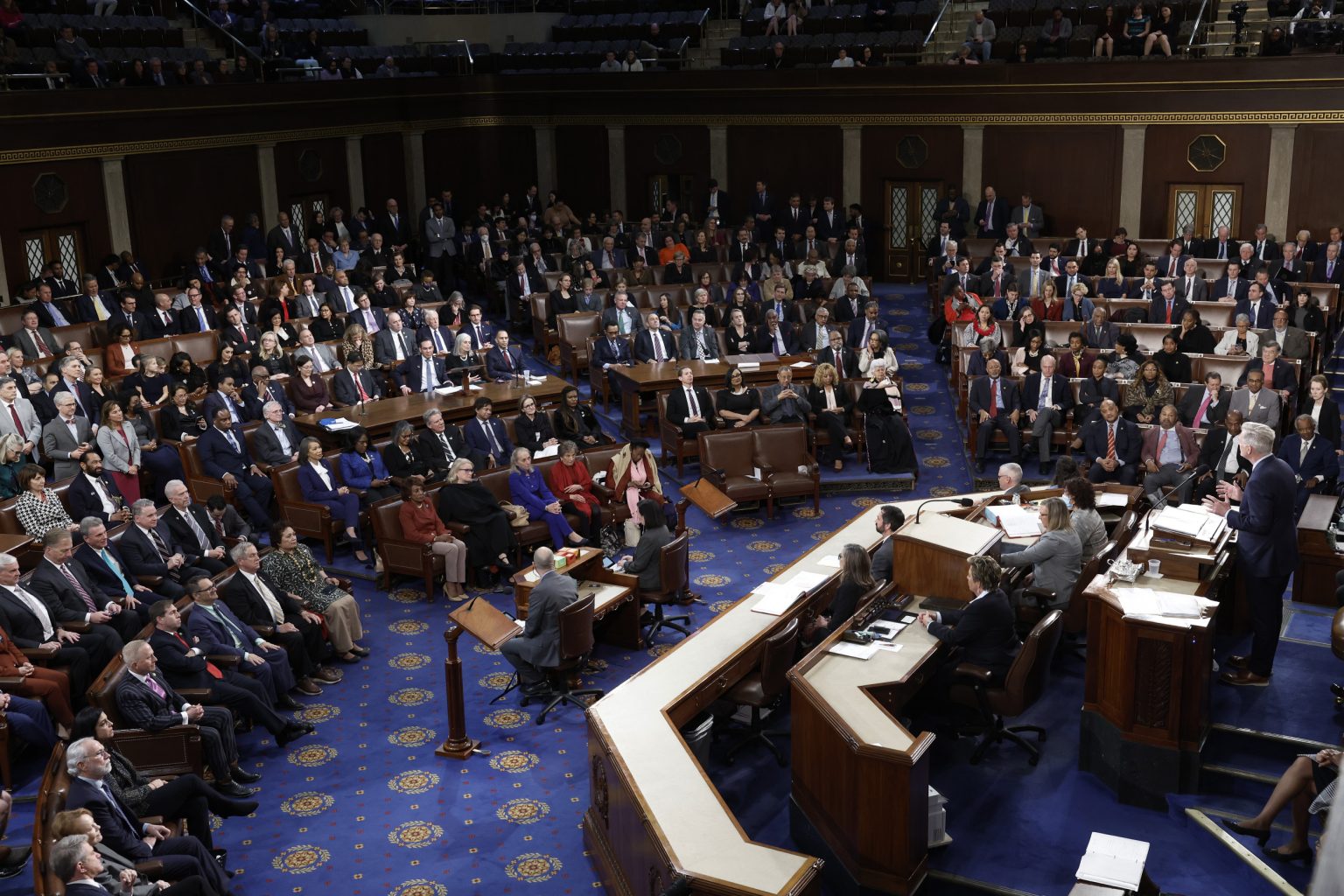The inclusion of a 3.8% cost-of-living adjustment (COLA) for members of Congress within a continuing resolution (CR) to temporarily fund the government has ignited a firestorm of controversy. This proposed raise, intended to align congressional salaries with inflation, would be the first such increase since 2009. Critics argue that lawmakers, perceived by some as ineffective or undeserving, should not receive a pay bump, especially during a time of economic uncertainty for many Americans. However, this seemingly unpopular provision has surprisingly garnered bipartisan support, with proponents ranging from progressive Democrat Alexandria Ocasio-Cortez to former Trump administration Chief of Staff Mick Mulvaney. Their arguments center on the potential long-term benefits of a pay raise for the overall health of American governance.
The proposed raise has become a major sticking point in the CR’s passage. Several lawmakers have declared their intention to vote against any CR containing the pay increase, further complicating the already precarious situation. The CR’s fate hangs in the balance, with opposition voiced by prominent figures like President-elect Donald Trump and influential business magnate Elon Musk. This debate over congressional pay resurfaces periodically, often met with resistance from representatives in competitive districts who fear voter backlash or providing ammunition to political rivals. However, proponents argue that stagnant salaries contribute to a “revolving door” phenomenon, where experienced legislators leave for more lucrative opportunities in the private sector, potentially increasing the influence of lobbyists and corporations on policy decisions. Furthermore, they contend that low pay deters ordinary citizens from pursuing public service, narrowing the pool of potential candidates.
A central concern surrounding the lack of regular pay adjustments for Congress is the potential for increased lobbying influence. Stagnant congressional salaries create an incentive for members to view their roles as stepping stones to higher-paying positions in lobbying or other private sector roles after leaving office. This revolving door dynamic empowers interest groups and corporations, who can then leverage former lawmakers’ connections and expertise to influence policy decisions. Kevin Kosar, a senior fellow at the American Enterprise Institute, argues that inadequate compensation leads to a legislature populated by inexperienced individuals vulnerable to lobbying pressure. He emphasizes the importance of experience in effective governance, noting that crafting sound legislation requires time and expertise. Kosar also highlights the significant financial burdens faced by members of Congress, including maintaining residences in both their home districts and the expensive Washington D.C. area, coupled with long working hours and constant public scrutiny. He compares their salaries unfavorably to those of recent law school graduates entering lucrative corporate law firms.
The argument for congressional pay raises transcends traditional ideological divides. Representative Ocasio-Cortez, known for her progressive stance, has warned that suppressing congressional salaries could inadvertently hinder campaign finance reform efforts by increasing lawmakers’ reliance on “dark money” loopholes. Mulvaney, a Republican, echoes this concern, arguing that inadequate pay limits the pool of potential candidates to those who are already wealthy or those who lack viable alternative career options. He posits that this dynamic could lead to a Congress dominated by individuals disconnected from the financial realities of everyday Americans. This bipartisan concern underscores the potential systemic risks of maintaining stagnant congressional salaries.
Public opinion on Congress consistently reflects a paradox: While Americans generally express dissatisfaction with Congress as a whole, they often approve of their individual representatives. Gallup polls consistently show low approval ratings for Congress, with recent figures hovering around 19%. This dichotomy highlights the disconnect between the public’s perception of Congress as an institution and their personal experiences with their elected officials. The current debate over congressional pay raises adds another layer to this complex relationship, forcing voters to weigh the potential benefits of a more financially secure legislature against the optics of lawmakers giving themselves a raise.
The reactions to the proposed pay raise have been varied and passionate. Representative Jared Golden (D-ME) has publicly opposed the measure, criticizing the inclusion of “taxpayer-funded perks” in must-pass legislation. Conversely, Senator Dick Durbin (D-IL) has expressed support for adequate compensation for members of Congress, acknowledging their demanding work. Former Representative Adam Kinzinger (R-IL) has provided historical context, highlighting the long-standing practice of Congress foregoing annual cost-of-living adjustments, resulting in a significant real-terms pay cut over time. He argues that this has skewed the composition of Congress towards wealthier individuals, potentially hindering representation of average Americans. As the deadline for funding the government approaches, the fate of the CR and the controversial pay raise remains uncertain. Negotiations continue, with lawmakers working against the clock to avert a government shutdown. Representative Dusty Johnson (R-SD) has expressed optimism about the progress of negotiations, suggesting a potential pathway to a resolution. However, the contentious nature of the pay raise provision continues to cast a shadow over the proceedings.

